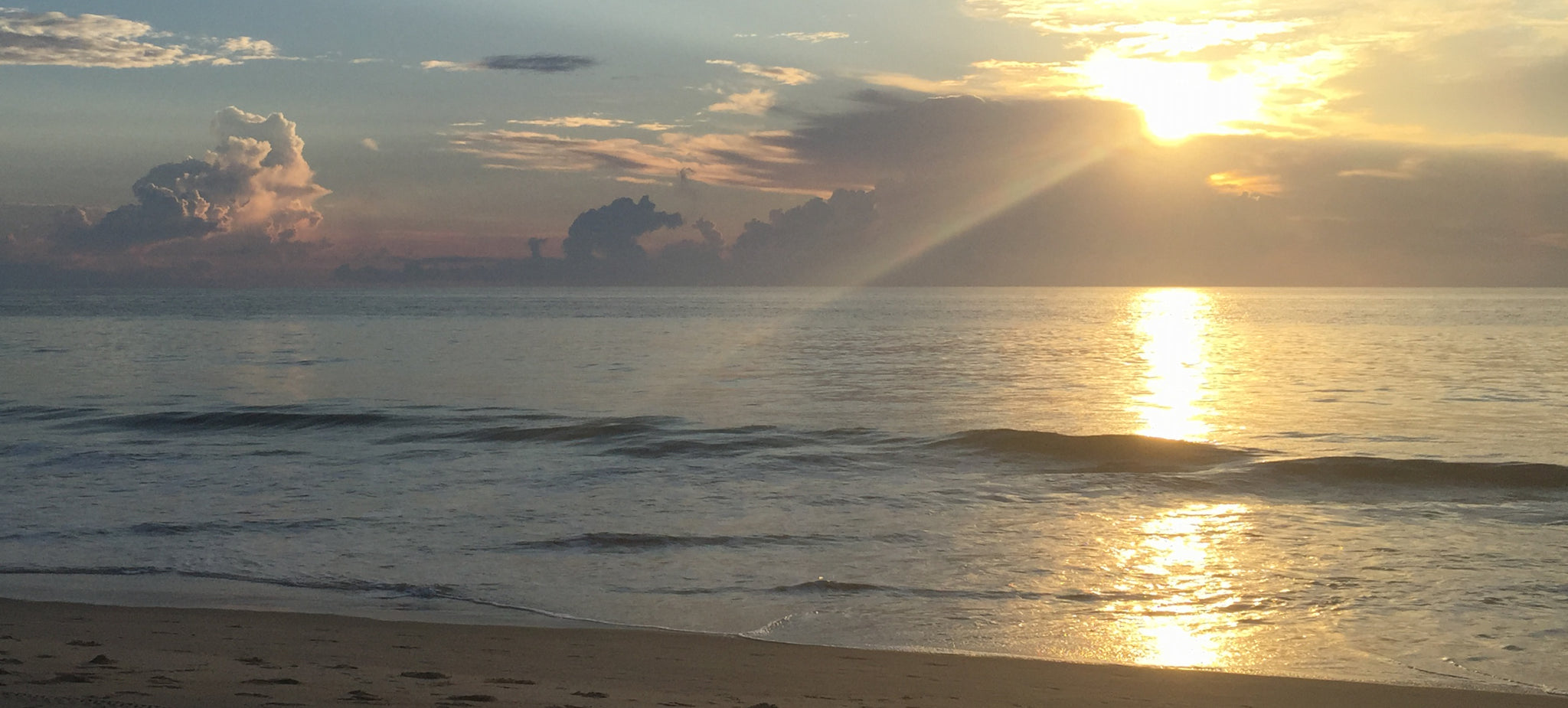
Why we Can't Swim Like Dolphins
This is an excerpt from my Book "A Body of Water" on sale here.

How are dolphins, manatees, whales and other ocean faring mammals able to remain submerged for so long? If you’ve ever had the misfortune to see a dismembered whale or dolphin you’ll note that their muscle tissue is extremely dark, looking more like a rich red liver than ordinary muscle. There is a protein called myoglobin found in muscle and skeletal tissues of all animals, but is particularly rich in aquatic species. This substance (a cousin to hemoglobin) stores oxygen in the muscle tissue where it is consumed close to the source as the creature dives deep.
Our primary transference of oxygen in the body is through hemoglobin in the red blood cells. That’s why a number of top athletes train at high altitudes. The body is forced to make more red blood cells. Less trustworthy athletes regularly “donate” blood to themselves - storing blood, spinning it down for the red blood cells, and then re-injecting it into themselves so they have a higher proportion of red blood cells than their competitor. This is known as blood doping and can have significant ill affects. The blood is thicker so it has a harder time moving through the body. The body can turn on itself attacking the aged blood resulting in blood clots. The system also has to take care of cleaning out the extra stuff so there is a toll on kidneys and liver function.
 Where hemoglobin tracks through the circulatory system, myoglobin is static - remaining in the muscle and bones until it is needed during a hypoxic situation. Humans have trace amounts of myoglobin in their body. There is not enough to keep a human alive submerged for any great period of time. Interestingly, during muscle injury, the human body produces extra myoglobin at the effected area which can be spotted and accounted with a corresponding rise in the circulatory system.
Where hemoglobin tracks through the circulatory system, myoglobin is static - remaining in the muscle and bones until it is needed during a hypoxic situation. Humans have trace amounts of myoglobin in their body. There is not enough to keep a human alive submerged for any great period of time. Interestingly, during muscle injury, the human body produces extra myoglobin at the effected area which can be spotted and accounted with a corresponding rise in the circulatory system.
Free divers have questioned the scientific community about ways to increase the levels of myoglobin in their muscle tissue. From increased selenium and Vitamin E to altitude training, they’ve searched for the edge to make them more like their cetacean brethren to no avail. Research has found that these methods do not significantly increase the levels of myoglobin in the muscle tissue. For humans, at least, hemoglobin is the only answer for oxygen transference. Some free divers have “breathed up” - that is - gone through a practice of breathing exercises to super oxygenate their bodies. When doctors have taken a blood sample, it is rich and dark as one would expect. After the free divers submerge and perform their breath holding sport, the doctors, on a subsequent sample, have found the blood pinkish blue and severely lacking in color because of the lack of oxygen.
Leave a comment
Comments will be approved before showing up.
Also in News

Mortal Nature
I am working on this book after taking 2020 to isolate and hibernate. I hope to be done by spring. Hope you like it!


